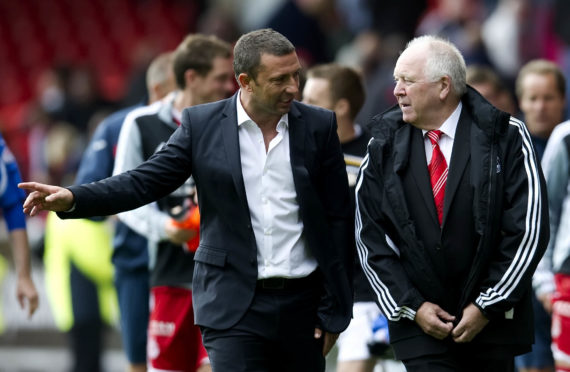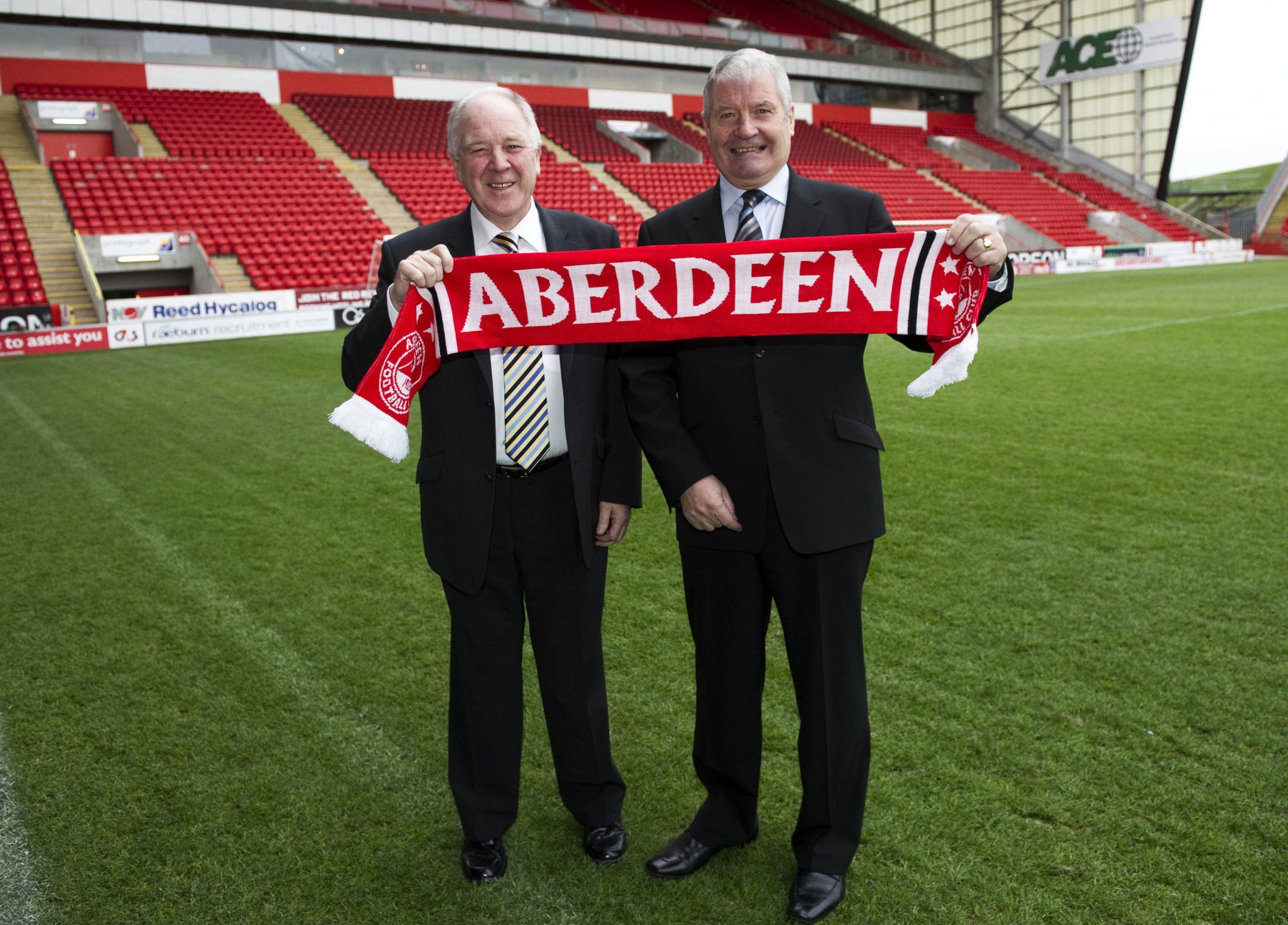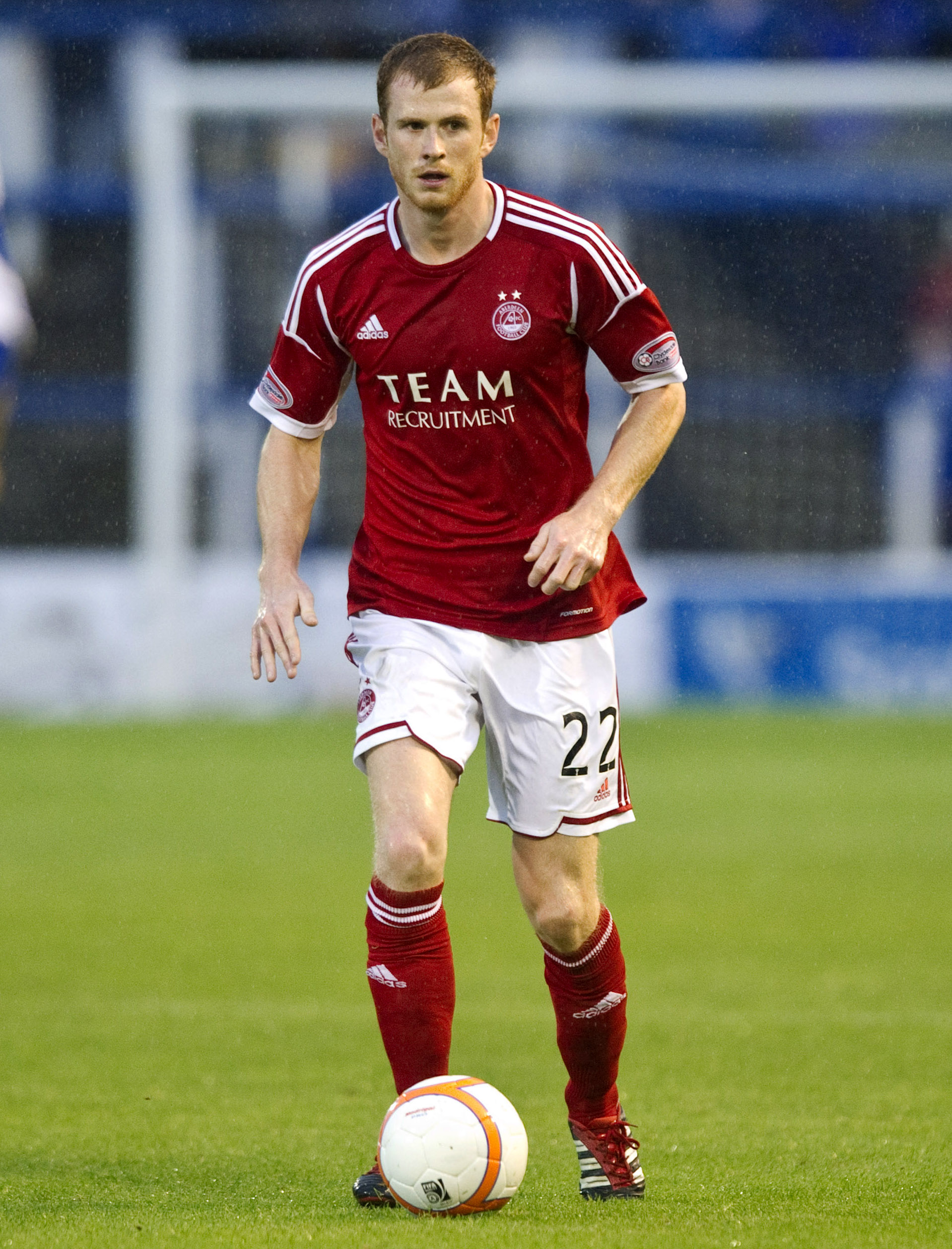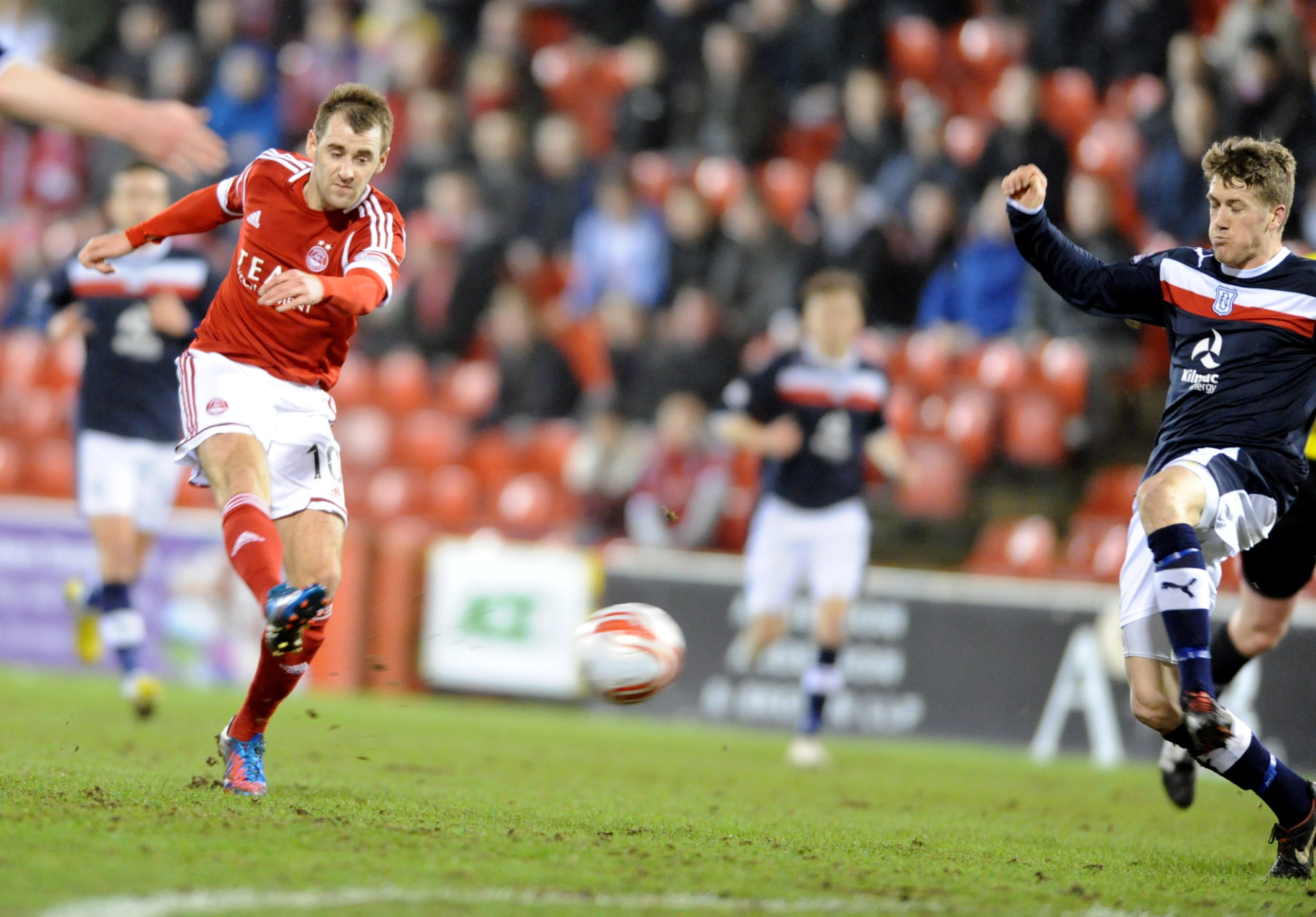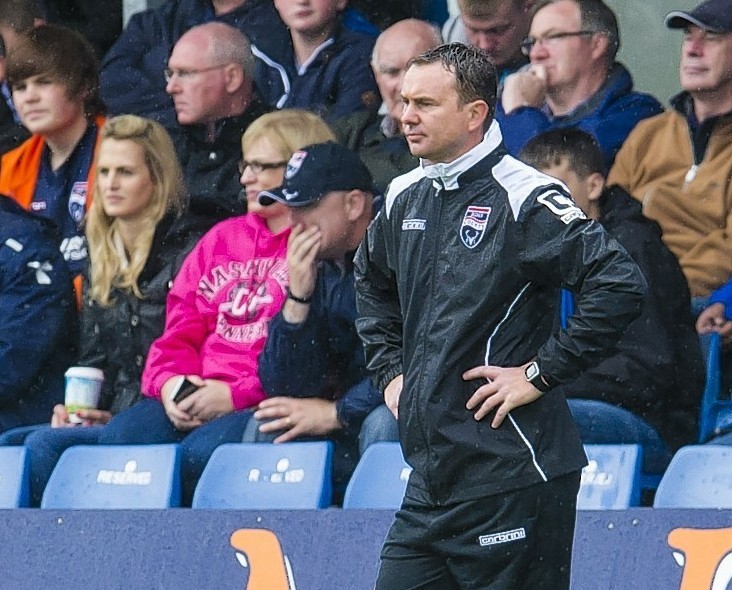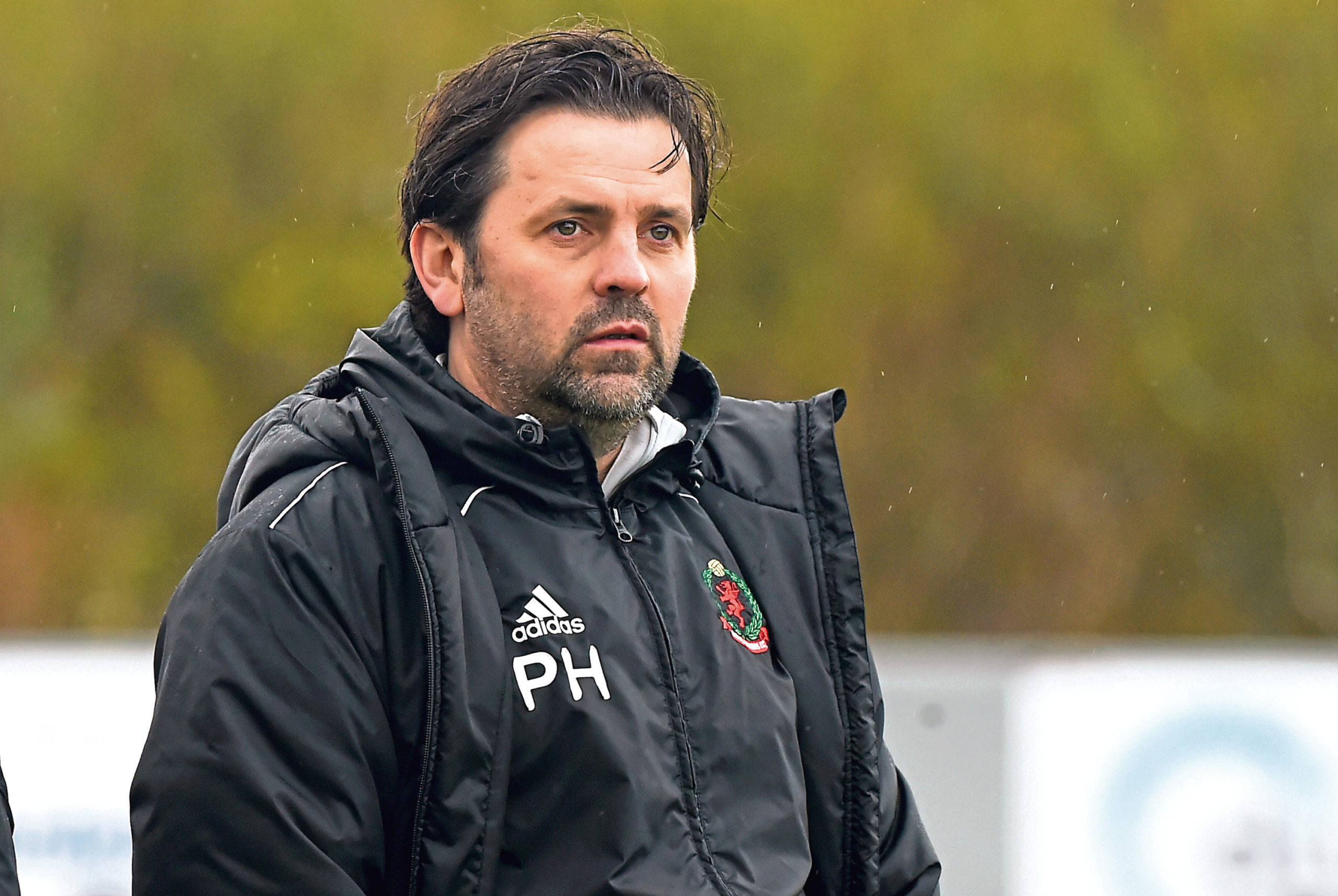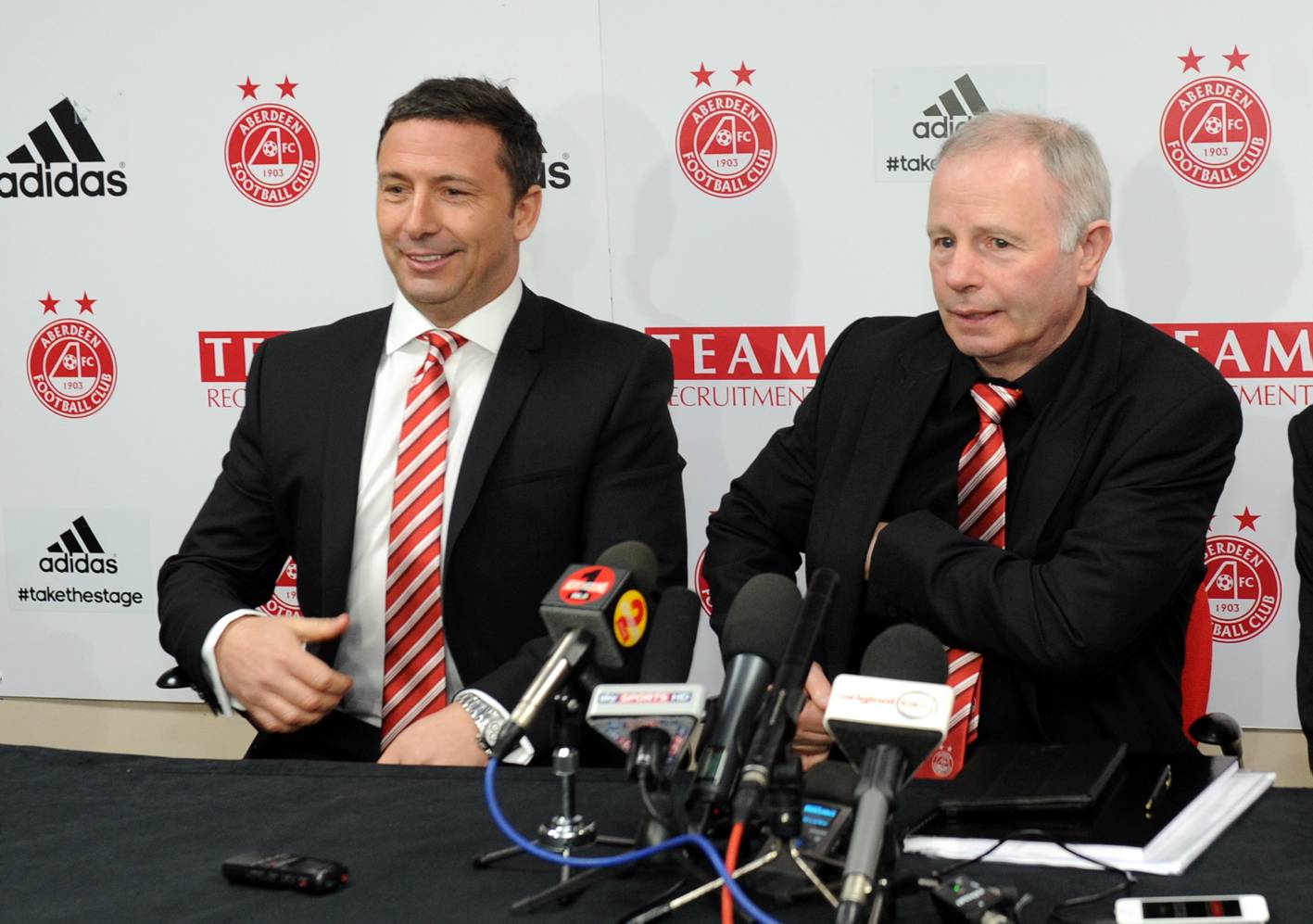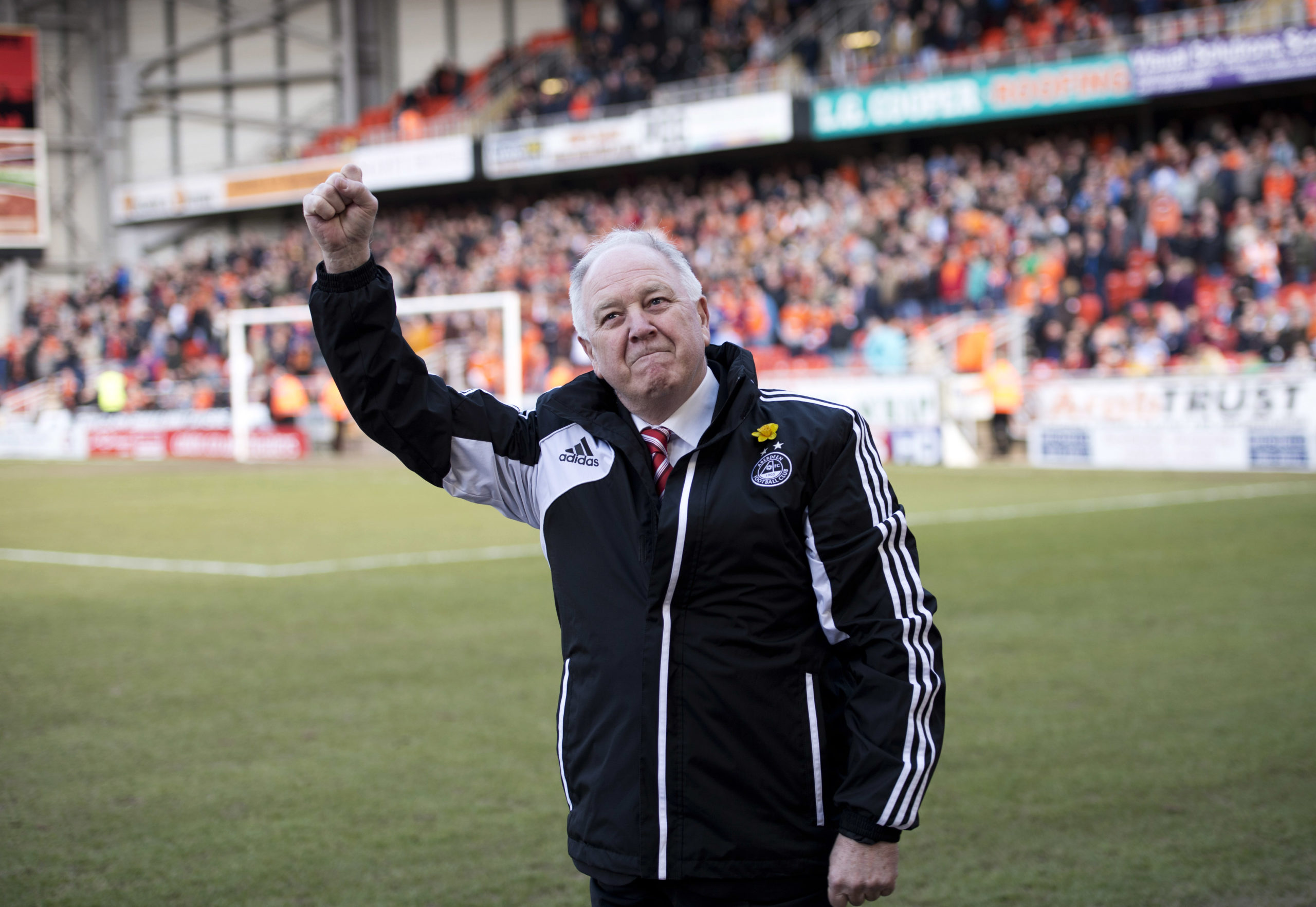Derek McInnes took charge of his first game as Aberdeen manager on April 22 2013.
His first game in charge came five weeks after his predecessor Craig Brown announced his intention to retire from football, bringing an end to more than 50 years in the game.
Here, we look through Brown’s final month in charge, the build-up to his departure and the search for his successor.
Former Scotland manager Brown took over from Mark McGhee in December 2010, leading the team to consecutive ninth-placed finishes in the top flight.
When it came to his third season in charge and the Dons engaged in a battle to reach the top six, Brown stated he would call it a day at the end of the 2012-13 season.
“I may have preempted the chairman’s decision about whether or not I was getting the chance to stay on as manager, but this was my decision,” said Brown.
“I don’t know if he would have offered me an extended contract but this was the right thing for me and the club.
“I would like the chance to see out the season, but if they decide to make the change now then I will happily step aside.”
Then-chairman Stewart Milne announced Brown would move upstairs, taking a seat on the club’s board and would help look for his replacement in the managerial hot seat.
“When Craig indicated he would step down I asked him to become a non-executive director and I am delighted to say this will take effect immediately,” said Milne.
“Craig will have input to all areas of the club like any other board member and will be a fantastic ambassador for Aberdeen.”
Aberdeen, at the time, were still in the hunt for a place in the top six. They still had games against Celtic, Hearts and Dundee United to play before their fate was decided.
Brown, however, was convinced whoever replaced him in the dugout would have the building blocks in place to work with.
“The next person who comes here has a team that is ready to take off,” added Brown.
“You have guys in their mid-20s such as Niall McGinn, Mark Reynolds and Andrew Considine mixed with experienced players such as Russell Anderson, Gary Naysmith, Gavin Rae and Stephen Hughes and some brilliant young players.”
Attention then began to switch to who would replace the legendary Scottish football figure in the dugout.
Ross County’s Derek Adams emerged as an early favourite, as did former Dons captain Paul Hartley who was in charge of Alloa Athletic, then in the third tier.
Derek McInnes was a candidate having been sacked by Bristol City in the January, while ex-Dundee United manager Peter Houston also declared an interest in the role.
George Adams – Derek’s father – worked at Aberdeen as a youth coach under Alex Ferguson and the Dons requested permission to speak to Adams junior, which was rebuffed by County.
“As a club we’re flattered Aberdeen showed an interest and the manager is flattered, too, but he feels he has unfinished business here in trying to take the club into the top six,” said County chairman Roy MacGregor.
“We relayed that to Aberdeen and wished them well in their search for a new manager.”
Come March 23, McInnes became the board’s preferred candidate. His work at St Johnstone, in taking them out of the First Division and making them an established SPL club, had impressed sufficiently, rather than focusing on the disappointing end to his tenure with the Robins.
“When a manager goes to England it works for some and not for others,” said former Dons boss Steve Paterson.
“His background is in Scottish football and he has taken this opportunity to come back to the SPL. Aberdeen are a club where he could put together a really good team.
“It’s fair to say the Dons have underachieved this season.
“It is a straightforward appointment with the club not having to pay any compensation.”
Milne clearly felt that way too as two days later McInnes was appointed, signing a two-year deal until the summer of 2015. It was announced that he would formally take over on April 6 – the start of the post-split fixtures.
“Any manager has to win over the supporters,” said McInnes.
“I wasn’t the favourite for the St Johnstone job when I took over – I’m sure the supporters wanted someone else. But I’m sure they would have recognised the job I had done by the time I left.
“It’s about putting a team on the pitch which is an extension of me and of them.
“Aberdeen supporters are no different to any others – they want to see a winning team and we will try to deliver them one.”
The Dons signed off Brown’s tenure at Pittodrie with a 2-0 win over Hearts, with McInnes and assistant Tony Docherty in attendance as a brace from Niall McGinn took them to victory.
“I said they could come in if they wanted and also watch the training sessions,” added Brown.
“Derek hasn’t been to training. He declined and said he didn’t want to until it was his team. He was adamant and it is something I agreed with.
“If he took over immediately and lost the next two games he would carry the blame for a failure to get into the top six of the SPL and would be on a downer.”
Brown’s final game came at Tannadice and ended in defeat, with Rory Boulding’s last-minute goal giving the Arabs a 1-0 triumph. The Dons would resume the league in the bottom six, the final time they have finished in such a position since McInnes took over.
“I am not an emotional person at all. If anything I have wondered if there is something wrong with me as I am so unemotional,” added Brown.
“But I started to write my final programme notes and I must admit I did come over all emotional.
“You do get more attached to a club and a team and I do have a sentimental attachment to Aberdeen.
“When you are here every day for two-and-a-half years, it does get right into you.”
With McInnes now celebrating three times the length of service in the Pittodrie dugout as the man he replaced, it is fair to say McInnes too has formed an attachment to the Dons.
